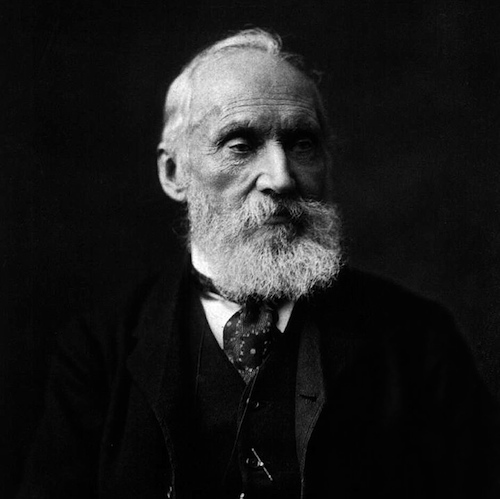 Evolution
Evolution
 Faith & Science
Faith & Science
 Physics, Earth & Space
Physics, Earth & Space
Larry Moran’s Lord Kelvin Moment: Are All the "Great Debates" Settled?

Lord Kelvin in 1900 may or may not have said, in an address to the British Association for the Advancement of Science, that "There is nothing new to be discovered in physics now. All that remains is more and more precise measurement." The remark is attributed to him but there is doubt as to its authenticity. If genuine, what a silly thing to say! Even at the time it likely would have sounded foolish.
The year 1900, of course, was five years before Einstein published the Special Theory of Relativity, a harbinger of the birth of the modern world. See the memorable first page of Paul Johnson’s history Modern Times.
Biochemist Larry Moran at the University of Toronto is no Lord Kelvin, to be sure. His most notable contribution to the evolution debate is the term "IDiots" applied to advocates of intelligent design. But in a blog post the other day ("The function of IDiots"), he did say this:
There aren’t very many big questions left to answer. Most of the great debates have been settled and we’re now in a mopping up situation.
About the authorship of that one, at least, there’s no doubt. Was he joking? It doesn’t read that way. Moran seems to be referring to not only biology and cosmology but all of science, philosophy, religion (which of course he dismisses anyway), etc.
That one is a keeper. Just a shame that Professor Moran doesn’t cut a more distinguished figure in the science world, otherwise we could mount it on a plaque for everyone to laugh and shake their head about in the future.
